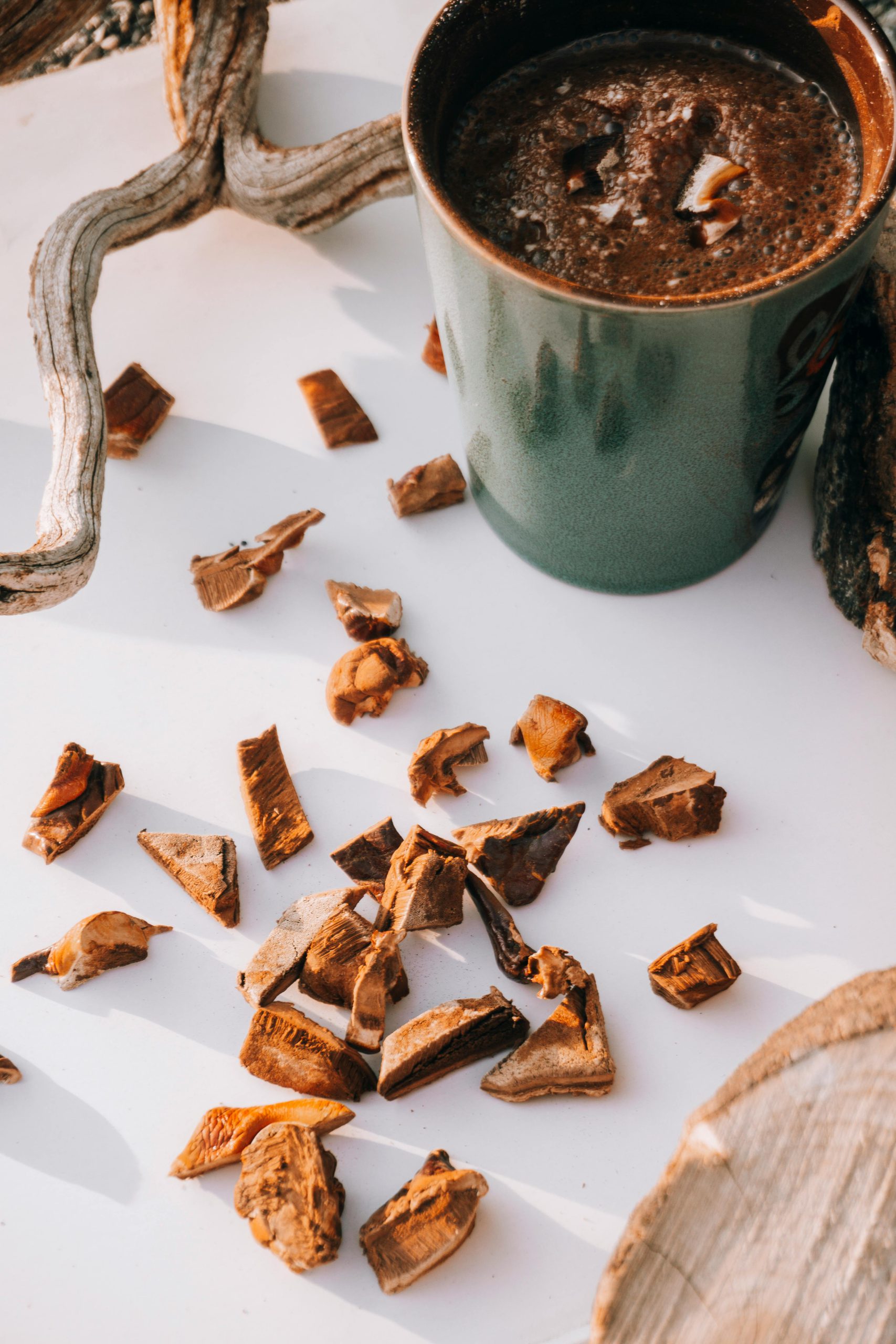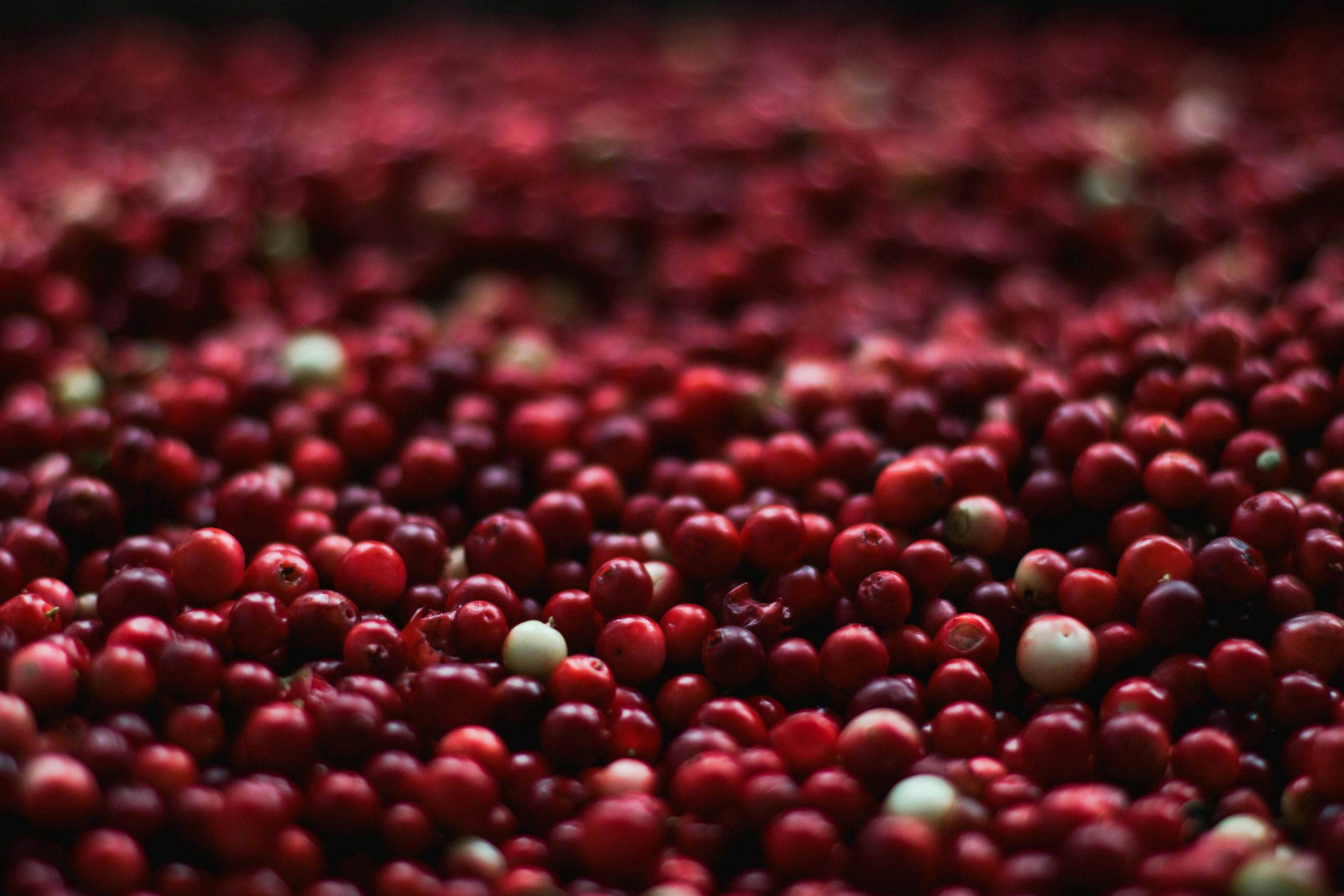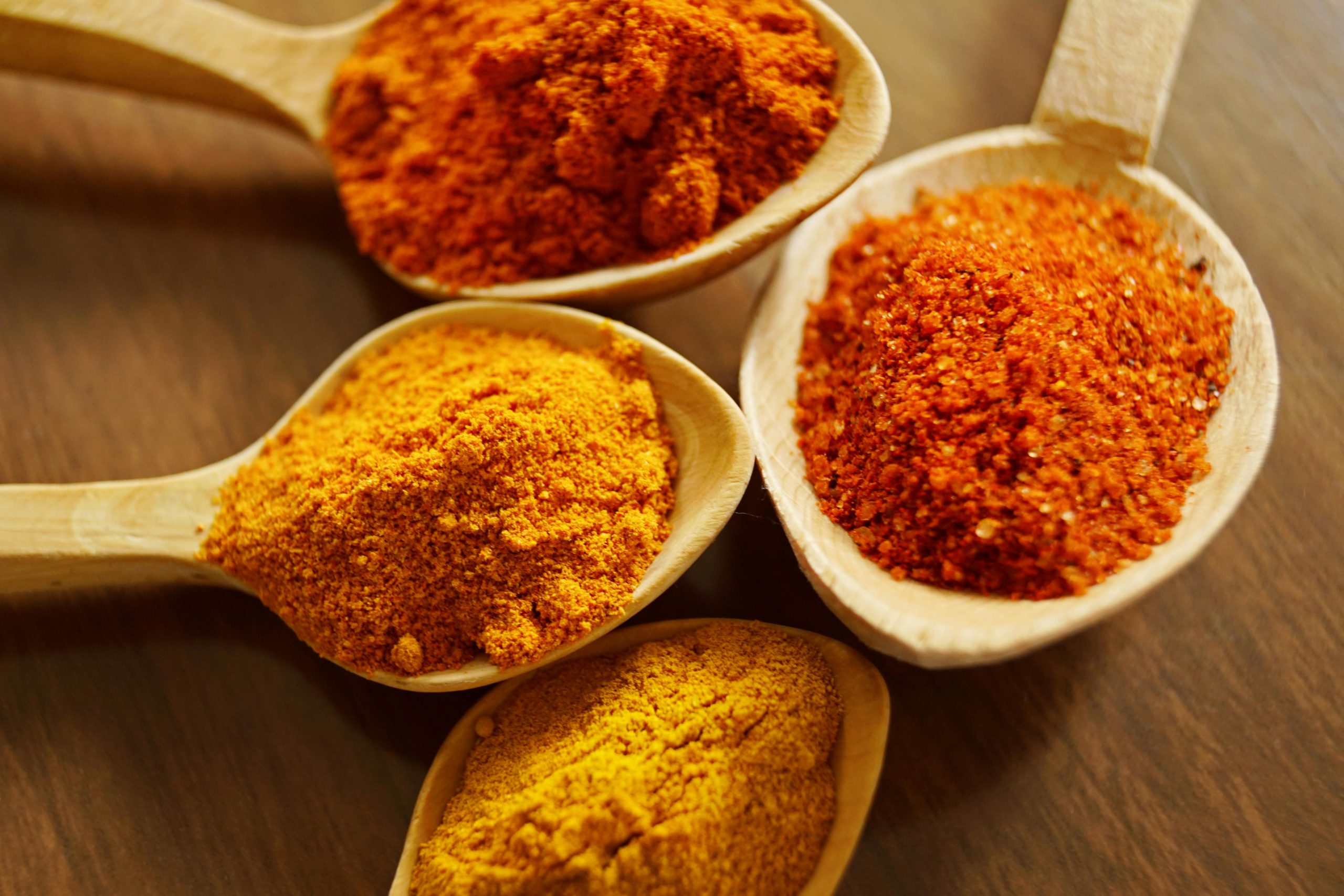Ginger, the humble root with a fiery kick, has graced kitchens and medicine cabinets for centuries. But beyond its culinary versatility, ginger boasts a treasure trove of potential health benefits, making it a worthy addition to your wellness routine. Let’s delve into the science and explore how incorporating ginger into your diet can empower your well-being.
A Fiery Friend: Unpacking the Powerhouse of Gingerol
The hero behind ginger’s magic lies in its bioactive compound, gingerol. This pungent molecule packs a punch of anti-inflammatory and antioxidant properties, acting as your body’s internal warrior against free radicals and harmful inflammation.
Taming the Tempest: Ginger for Nausea and Digestive woes
Ginger’s claim to fame lies in its ability to quell nausea and soothe digestive discomfort. Whether it’s morning sickness plaguing expectant mothers, chemotherapy-induced nausea, or everyday motion sickness, ginger offers a natural and effective solution. Studies suggest that ginger effectively reduces nausea and vomiting, acting as a gentle yet potent remedy.
Beyond Nausea: Ginger’s Impact on Overall Health
Ginger’s benefits extend far beyond calming your stomach. Here’s a glimpse into its diverse potential:
- Pain Relief: Gingerol’s anti-inflammatory properties may offer relief from chronic pain conditions like osteoarthritis and rheumatoid arthritis. Research suggests it can reduce pain and improve function, offering a natural alternative to pain medications.
- Blood Sugar Control: Ginger may hold promise for individuals with type 2 diabetes. Some studies indicate it can improve blood sugar regulation and insulin sensitivity, contributing to better diabetes management.
- Heart Health Hero: Ginger’s anti-inflammatory and antioxidant effects may benefit heart health. Research suggests it can lower bad cholesterol (LDL) levels and improve blood pressure, potentially reducing the risk of heart disease.
- Brain Booster: Emerging evidence suggests ginger may enhance cognitive function and memory. Its antioxidant properties can protect brain cells from damage and improve cognitive performance.

Ginger’s Journey: From Root to Remedy
So, how can you integrate ginger into your daily life and reap its benefits? Here are some delicious and practical ways:
- Spice Up Your Meals: Add grated ginger to stir-fries, curries, marinades, and smoothies. A pinch in baked goods and desserts adds a unique zing.
- Tea Time Treat: Steep fresh ginger slices or ginger tea bags in hot water for a soothing and flavorful beverage. Add honey or lemon for a personalized touch.
- Chew on It: Ginger chews offer a convenient way to enjoy ginger’s benefits on the go. Opt for sugar-free varieties for a healthier choice.
- Supplement Power: Ginger supplements are available in capsule, extract, and tincture forms. Consult your doctor before starting any supplements, especially if you have any health conditions or are taking medications.

A Word of Caution:
While ginger is generally safe for most people, moderation is key. Excessive intake can cause side effects like heartburn and stomach upset. Consult your doctor if you have any concerns or are pregnant or breastfeeding.
Ginger: A Gift from Nature’s Kitchen
Ginger is not just a culinary delight; it’s a potent ally in your pursuit of well-being. From calming your stomach to potentially supporting your heart and brain health, incorporating ginger into your diet offers a natural approach to enhancing your overall health. So, embrace the fiery friend and embark on a journey towards a healthier you, one ginger-infused step at a time!











